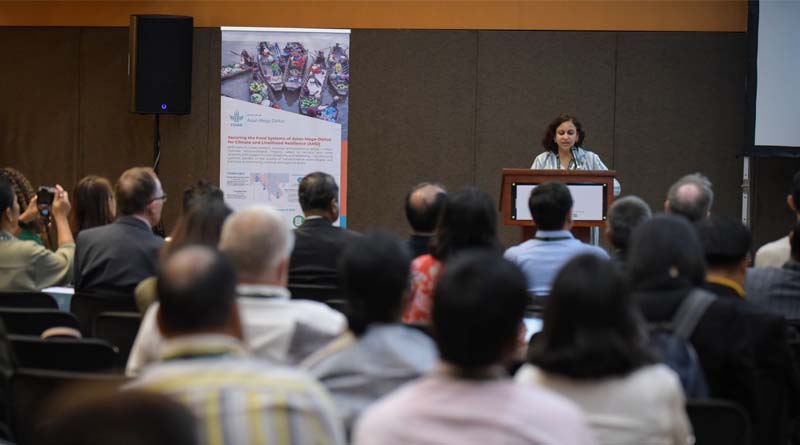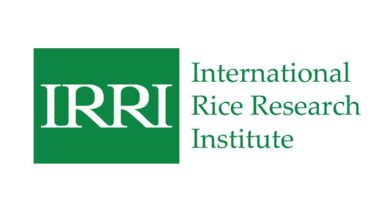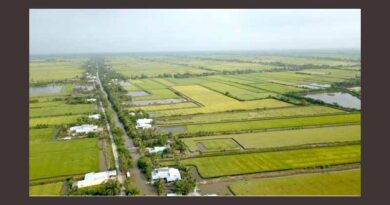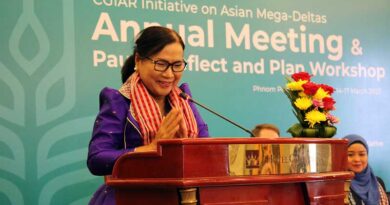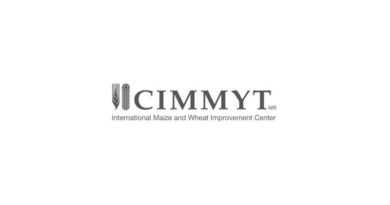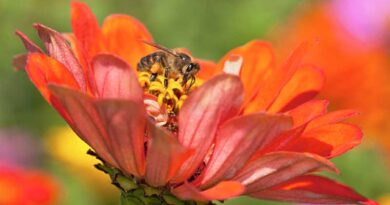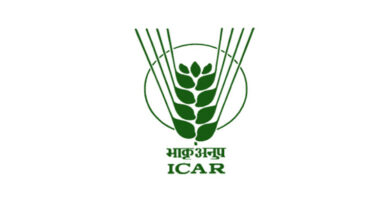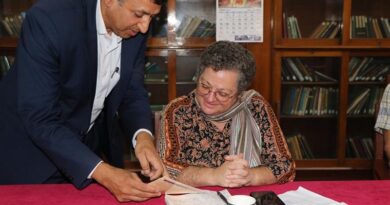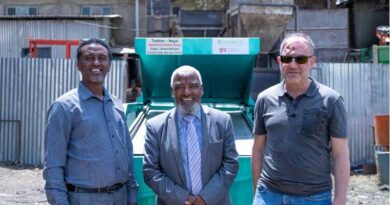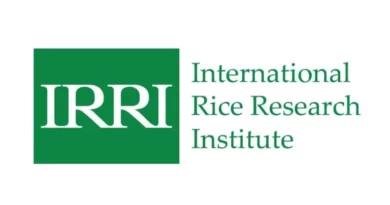Innovative strategies for coping with salinity intrusion in Asian Mega-Deltas presented at IRC 2023
18 October 2023, Philippines: Innovative strategies and technologies to address the problem of salinity intrusion in rice production in Asian mega delta countries were presented by experts from various disciplines at the 6th International Rice Congress (IRC2023) in Manila.
The side event, Coping with Salinity in Asian Mega-Deltas, was organized by the CGIAR Initiative on Asian Mega-Deltas (AMD) to provide a platform for exploring practical solutions and fostering collaboration among stakeholders to address salinity intrusions in the Mekong, Irrawaddy, and Ganges-Brahmaputra Deltas that pose significant threats to the agri-food systems in these regions.
“Salinity causes reduced yield, stunted growth, leaf burn, nutrient imbalance, and poor grain quality,” said Sheetal Sharma, a scientist at the International Rice Research Institute (IRRI).
Dr. Sharma presented several strategies for managing soil salinity including precision irrigation, plant breeding, salt-resistant crops, application of gypsum and organic matter, leaching, tile drainage, phytoremediation and biological agents, soil testing and electrical conductivity mapping, desalination, and surface drainage. There is also a need for educating farmers and implementing government policies and regulations that promote sustainable agricultural practices, according to Dr. Sharma.
In Vietnam, 90% of rice is grown in the Mekong Delta. Tran Ngoc Thach, director of Cuu Long Delta Rice Research Institute talked about the testing of salinity-tolerant varieties to address the problem of salinity intrusion in rice production.
IRRI scientists Nguyen Van Hung and Rica Flor discussed the importance of tools and stakeholder participation in managing the problem.
Dr. Nguyen recommended the integration of various tools such as climate risk crop with climate-smart mapping and adaptation planning (CS-MAP), prioritizing agronomy in changing environment (PAiCE), soil-based crop suitability, and e-extension for farmers as an approach to mitigating the growing salinity problem.
Dr. Flor shared her experiences and valuable insights on building learning alliances, specifically in Cambodia, to form a network of diverse stakeholders that have an interest in addressing climate change-related issues, including salinity intrusion in the Mekong Delta.
For the Ganges-Brahmaputra Delta in South Asia, Dr. Manoranjan Mondal from IRRI discussed integrating water and land use planning for sustainable agriculture in the polders of the coastal zone of Bangladesh.
Dr. Dhiman Burman, head of the Central Soil Salinity Research Institute at the Indian Council of Agricultural Research focused on major management options for managing salinity in the Ganges Delta in India.
New Zealand Ambassador to the Philippines H.E. Peter Kell, expressed the support of New Zealand, one of the main funders of AMD, to the cause of combating salinity intrusion in the Asian Mega-Deltas.
Collaborative ventures like this, between research institutes and development partners ensure that the science is tailored to community needs and focused on improving outcomes for the poor, women, and other marginalized groups. It is crucial for addressing the existential threat of climate change and bringing prosperity to the deltas, according to Ambassador Kell.
Asian Development Bank (ADB) Senior Natural Resources and Agriculture Specialist Md. Abul Basher stressed that ADB is focusing its investment on nature as it recognizes the importance of natural capital such as the soil.
Soil salinity is one of the areas ADB will keep on working on with all knowledge partners. With the scale of the problem, Dr. Basher emphasized that joint efforts are needed to address the problem.
“AMD clearly represents the work of the government and other stakeholders…and provides the opportunity to harmonize the work in the deltas, in terms of partnerships and knowledge sharing. said James Quilty, the research program manager for Soil and Land Management at the Australian Centre for International Agricultural Research.
Dr. Quilty challenged AMD to take the lead in identifying appropriate technologies and at the same time their trade-offs, in coping with salinity in the Asian Mega-Deltas.
Coping with Salinity in Asian Mega-Deltas was moderated by Dr. Bjoern Ole Sander, lead of AMD and climate change specialist at IRRI.
The CGIAR Initiative on Asian Mega-Deltas is a research initiative focused on addressing the challenges faced by Asian Mega-Deltas, particularly in relation to climate change, food security, and sustainable agriculture. AMD aims to develop and promote innovative solutions to enhance the resilience and productivity of agri-food systems in these delta regions.
Also Read: International Tractors Limited (ITL) launched 5 new tractor series under the brand Solis
(For Latest Agriculture News & Updates, follow Krishak Jagat on Google News)

